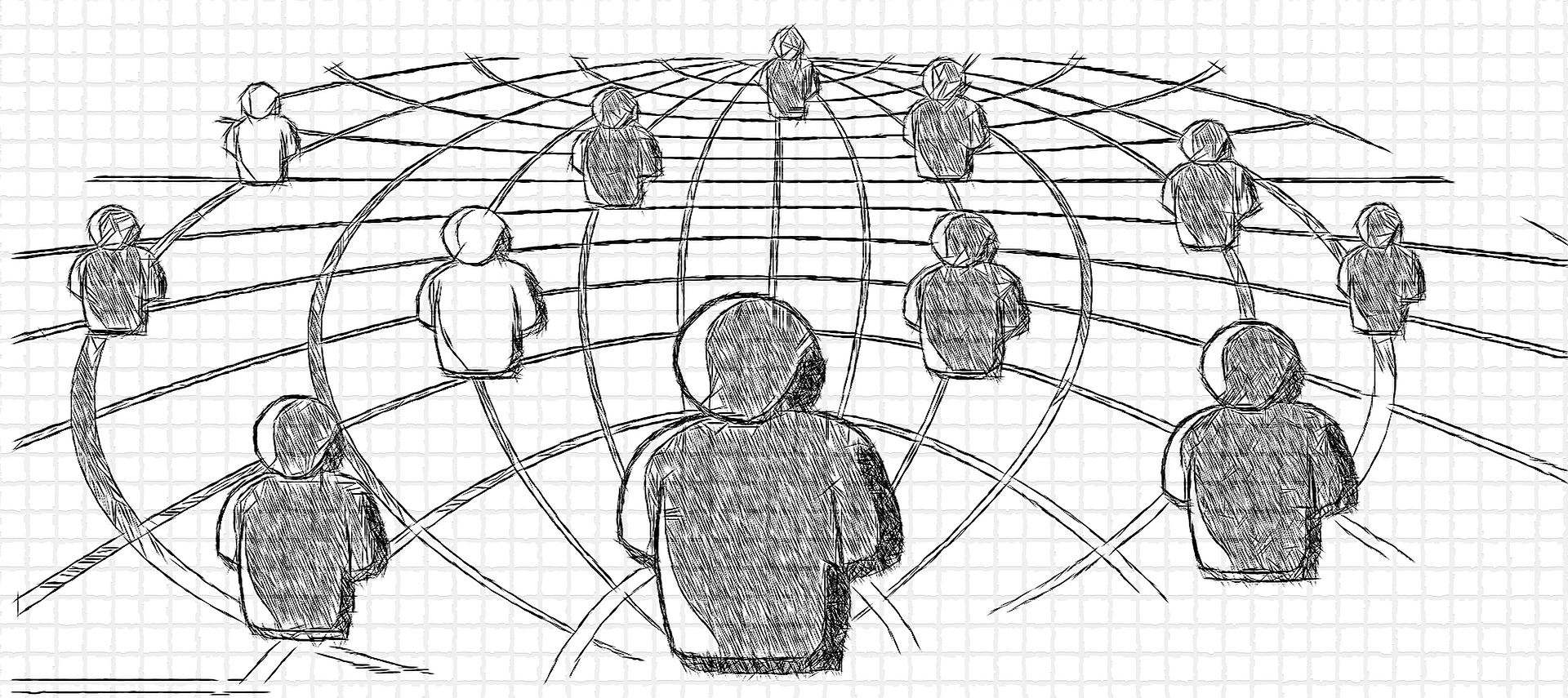I believe that most people want to do everything they can, exercise, eat healthy, read, write and anything else that makes them better. The few of us that have figured out this riddle know that it takes discipline and a strict routine. Over time we create habits to exercise, read and stay on top of our game until… Life happens and everything changes. Whether it is a life event, like a new child, new house or job. Or we just simply fall out of the routine overtime.
I have five steps to share that will put you back on track, based on research and personal experience.
First accept: acceptance is the first step at making any positive change. Research suggests that allowing yourself to understand your current situation, gives you the starting point baseline. From there you can work your way up. This is the stage when you set goals and create the milestones that will get you there. If you need help planning check out this podcast!
Take small steps: we have the tendency to take on too much at once, then we get overwhelmed or burned out. I love the marathon analogy, we finish a marathon one step at a time. So if your goal is to start an exercise routine, start by setting 10 to 15 mins a day, and just start with a walk, try not to disrupt your current flow too much. Creating a habit takes time, but most importantly it takes consistency. If you find yourself struggling in this stage, checkout this article and podcast.
Adapt to your new routine; Another popular phrase is to experience change, we have to change. As you begin your new regimen, you have to be able to compromise on the areas that are consuming your time. To me the easiest is to drop or limit the time on social media, set limits on your apps. Apple knows that people have become addicted to their devices, they have great tools that tell you where your time is going while on the phone . Remember not to fall into the hyper efficient fallacy:
- Do not lose sleep over it, sleep benefits will far outweigh
- Do compromise for a quick meal cheat
You might say then, great I found my rhythm and I am back on track, how can I stay on track? We are incentivized by reward, so the moment we feel that our routine has stopped giving us significant results we begin to relax until we completely fall off. At this stage it is important to keep the productivity guide as a reference. A tool like a scorecard will keep your motivation bucket filled, by making sure your commitments are being met. It is also important to have a support system; it can be a friend or a co-worker that is holding you accountable. Our brain chemistry makes us keep our commitment at a much greater pace when we need to report to someone. This is why everyone has a boss, even the CEO has to respond to the board of directors.
Lastly you may ask yourself what if I find myself here again because maybe you didn’t follow the previous point. Then be grateful that you are able to come back and look for ways to get back on track. In the book the 7 habits of highly effective people Stephen Covey, he uses the analogy that an airplane is off course the majority of the time the main job of the pilot is to keep shifting the airplane to get back on course continuously. That is really the magic, we need constant nudges to stay on track and fulfill our mission.










